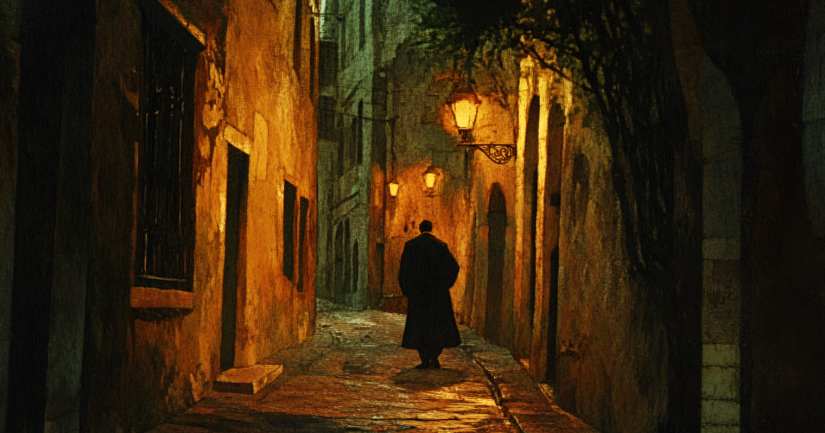
Explore the comedic and insightful moments of Act 2 Scene 2 with our Merchant of Venice Quiz. Here, you will explore the lively streets of Venice and delve into the lives of its intriguing characters. As you embark on this journey, you’ll meet Launcelot Gobbo, the comical servant torn between loyalty and freedom. Through his witty soliloquy, discover the inner conflict and humor that Shakespeare masterfully weaves into this scene.
This quiz offers more than just questions; it invites you to reflect on themes like duty, deception, and identity. Each question will guide you through the nuances of Shakespeare’s language and the motivations of his characters. As you progress, you’ll gain insights into the social dynamics and cultural backdrop of Elizabethan Venice.
Launcelot’s comedic departure adds a lighter tone, but the drama isn’t over yet! See what happens next in Merchant Of Venice Act 2 Scene 3 Quiz. Want to revisit the earlier setup? Refresh your memory with Merchant Of Venice Act 2 Scene 1 Quiz. And when you’re feeling confident, prove your mastery with the Merchant Of Venice Full Book Quiz!
Whether you’re a seasoned Shakespeare enthusiast or a curious newcomer, this quiz provides a rewarding challenge. You’ll hone your critical thinking skills and deepen your understanding of one of literature’s enduring classics. So, ready your wits and immerse yourself in the rich tapestry of The Merchant of Venice. Let the exploration begin!
Merchant of Venice Quizzes – Will you get your pound of flesh?
What Happened – Merchant Of Venice Act 2 Scene 2
Launcelot Gobbo, a servant, is thinking about leaving his master, Shylock. He talks to himself about this decision. Launcelot is unsure if he should stay or go. He decides to leave Shylock and work for Bassanio instead.
Launcelot’s father, Old Gobbo, arrives. Old Gobbo is almost blind and does not recognize his son. Launcelot plays a trick on his father by pretending to be someone else. He eventually reveals his identity to Old Gobbo. Old Gobbo is happy to see his son.
Launcelot tells his father about his plan to leave Shylock. Old Gobbo agrees with his son’s decision. They decide to ask Bassanio for a job. Launcelot and Old Gobbo find Bassanio. Launcelot asks Bassanio if he can work for him. Bassanio agrees to hire Launcelot.
Gratiano, a friend of Bassanio, enters. He asks Bassanio if he can go with him to Belmont. Bassanio is going to Belmont to see Portia. Gratiano promises to behave well if he can go. Bassanio agrees to take Gratiano with him.
Bassanio tells Gratiano to dress nicely for the trip. He also tells Launcelot to prepare for his new job. The scene ends with everyone getting ready for the journey to Belmont.
Merchant Of Venice Act 2 Scene 2 – Quotes
- “The devil can cite Scripture for his purpose.” – Launcelot, ‘Reflecting on Shylock’s character and duplicity.’
“Certainly the Jew is the very devil incarnation.” – Launcelot, ‘Expressing his disdain for Shylock while contemplating leaving his service.’
“I am a Jew if I serve the Jew any longer.” – Launcelot, ‘Deciding to leave Shylock’s employment for Bassanio.’
“Alack, what heinous sin is it in me / To be ashamed to be my father’s child!” – Jessica, ‘Expressing her internal conflict about her father’s actions and her own identity.’
“If thou keep promise, I shall end this strife, / Become a Christian and thy loving wife.” – Jessica, ‘Planning her elopement with Lorenzo, highlighting her desire for a new life.’
“Our house is hell, and thou, a merry devil, / Didst rob it of some taste of tediousness.” – Jessica, ‘Confiding in Launcelot about the oppressive atmosphere in Shylock’s house.’
